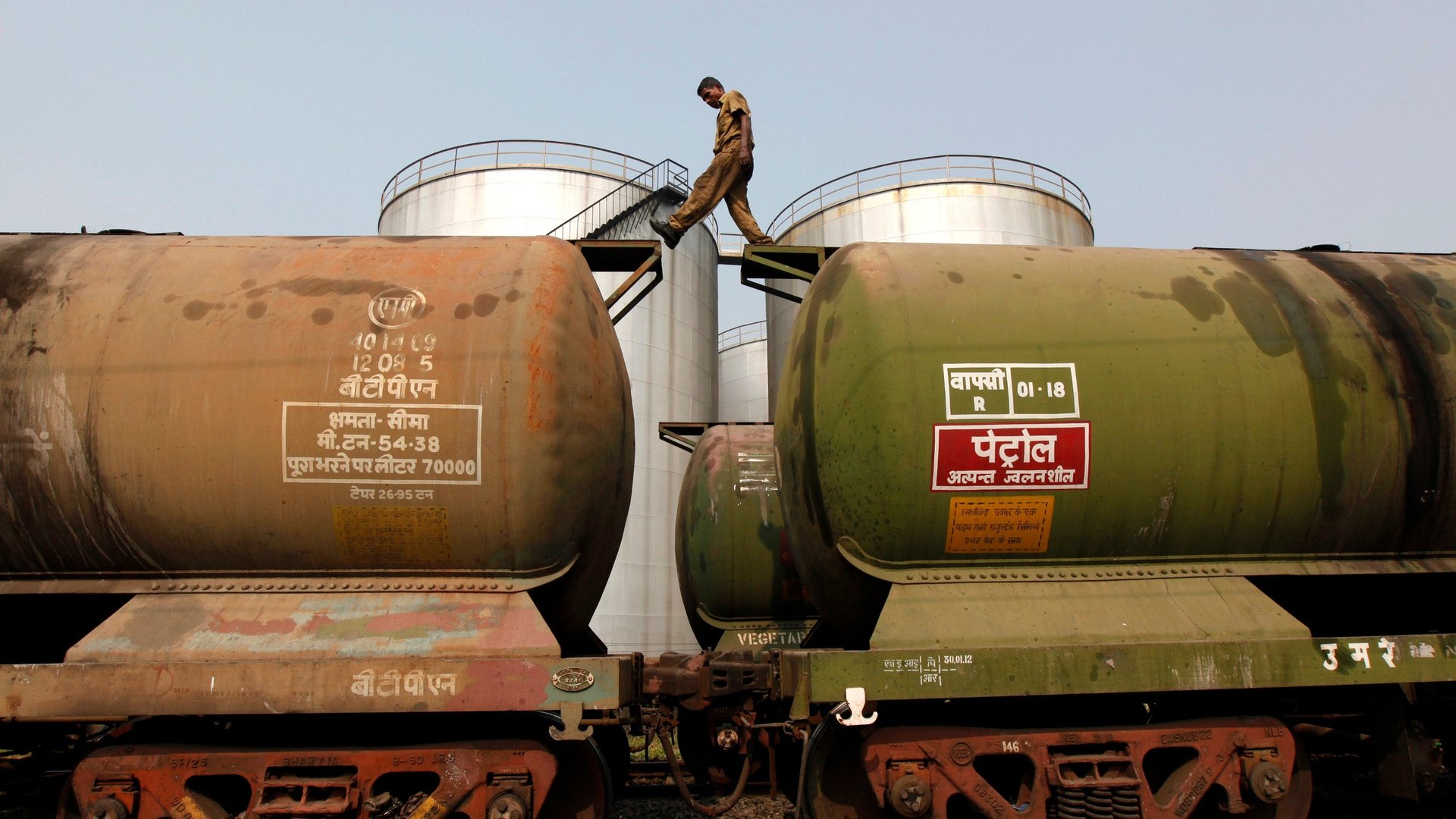Meet the bank that wins only when Iran loses
The international deal to roll back economic sanctions against Iran if it allows inspections of its nuclear facilities has plenty of critics, but one of the biggest losers, Reuters reports, could be an obscure bank in India called UCO Bank.


The international deal to roll back economic sanctions against Iran if it allows inspections of its nuclear facilities has plenty of critics, but one of the biggest losers, Reuters reports, could be an obscure bank in India called UCO Bank.
Trade sanctions against Iranian financial institutions are designed to make it difficult to for the country to sell its most profitable export, oil, abroad. While India, a major importer of Iranian oil, has cut back its overall purchases of Iranian oil, it has continued buying some through a convoluted system: Iran ships oil to India, India puts the rupees it would have paid into a bank account at UCO, and then Iranian merchants import Indian goods, paying with letters of credit redeemable at that bank account.
But, as you might imagine, the oil Iran sends India is more expensive than what Iran buys from India, and there’s a fair amount of time between India making deposits into the bank account to pay for the oil and withdrawing from the account the value of its exports to Iran. Meanwhile, all that cash is just accumulating—which works out just dandy for UCO Bank.
Before the sanctions, UCO was a poorly-performing provincial lender. After the sanctions, its cost of capital became one of the lowest in the country, making its loans much more profitable, thanks to $3 billion in technically-Iranian rupees it has in its coffers, about an eighth of its total deposits. No one knows how much longer the current arrangement will last, but analysts told Reuters that heavy dependence on the Iran business is a major risk factor for the bank.
That likely explains why its CEO is stressing plans to find new customers. In the meantime, the peace process rolls onward, though perhaps he can count on a different kind of bank bail-out from the US Congress—in the form of a new package of sanctions against Iran opposed by the White House.